Description
The active ingredients in Phyllanthus niruri include flavonoids, alkaloids, and lignans, which are responsible for its medicinal properties. The plant is traditionally used in Ayurvedic medicine for its hepatoprotective, anti-inflammatory, and anti-viral properties.
The whole plant, including the roots, leaves, and stem, is used for medicinal purposes. The most commonly used parts of the plant are the aerial parts, including the leaves and stem, which are used to extract bioactive compounds.
Some of the uses and benefits of Phyllanthus niruri include:
- Liver health: It is traditionally used for the treatment of liver diseases, including hepatitis B and C, and has been shown to have hepatoprotective properties.
- Kidney health: It is used as a natural remedy for kidney stones and urinary tract infections due to its diuretic and anti-inflammatory properties.
- Anti-viral properties: It has been found to have antiviral activity against several viruses, including hepatitis B and C, HIV, and dengue.
- Anti-inflammatory properties: It has been shown to have anti-inflammatory properties, making it useful for the treatment of conditions such as arthritis, gout, and other inflammatory conditions.
- Anti-cancer properties: It has been found to have anti-cancer properties and has been shown to inhibit the growth of several types of cancer cells.
Overall, Phyllanthus niruri is a versatile plant with several medicinal uses and benefits. However, it is important to note that more research is needed to understand its therapeutic potential use fully and to determine the optimal dosage and safety profile. It is always advisable to consult a healthcare professional before using any herbal remedies.

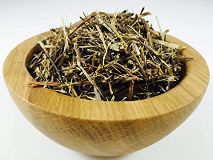
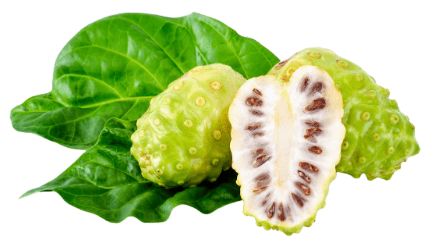
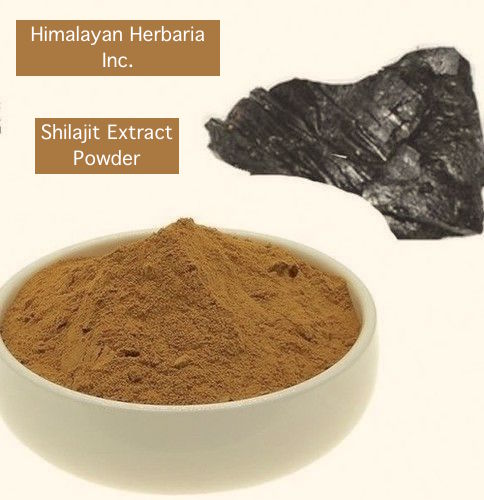
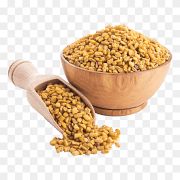
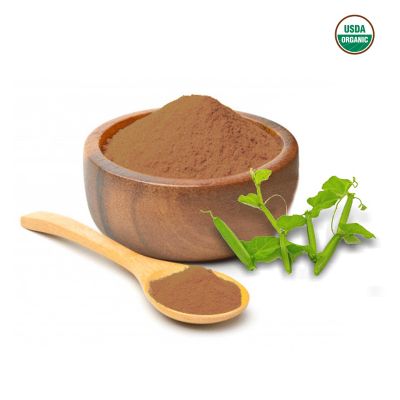
Reviews
There are no reviews yet.